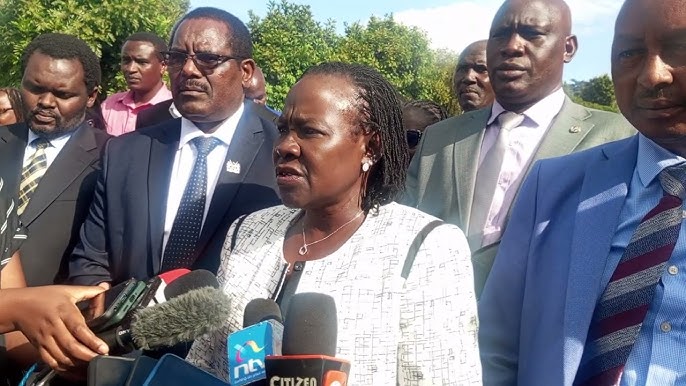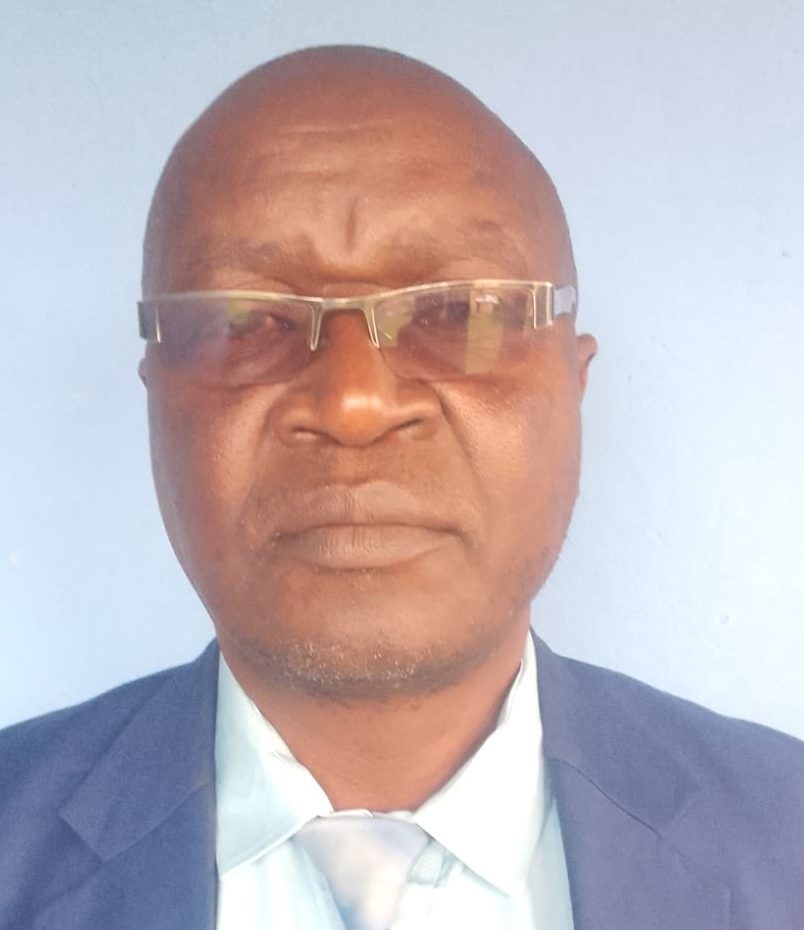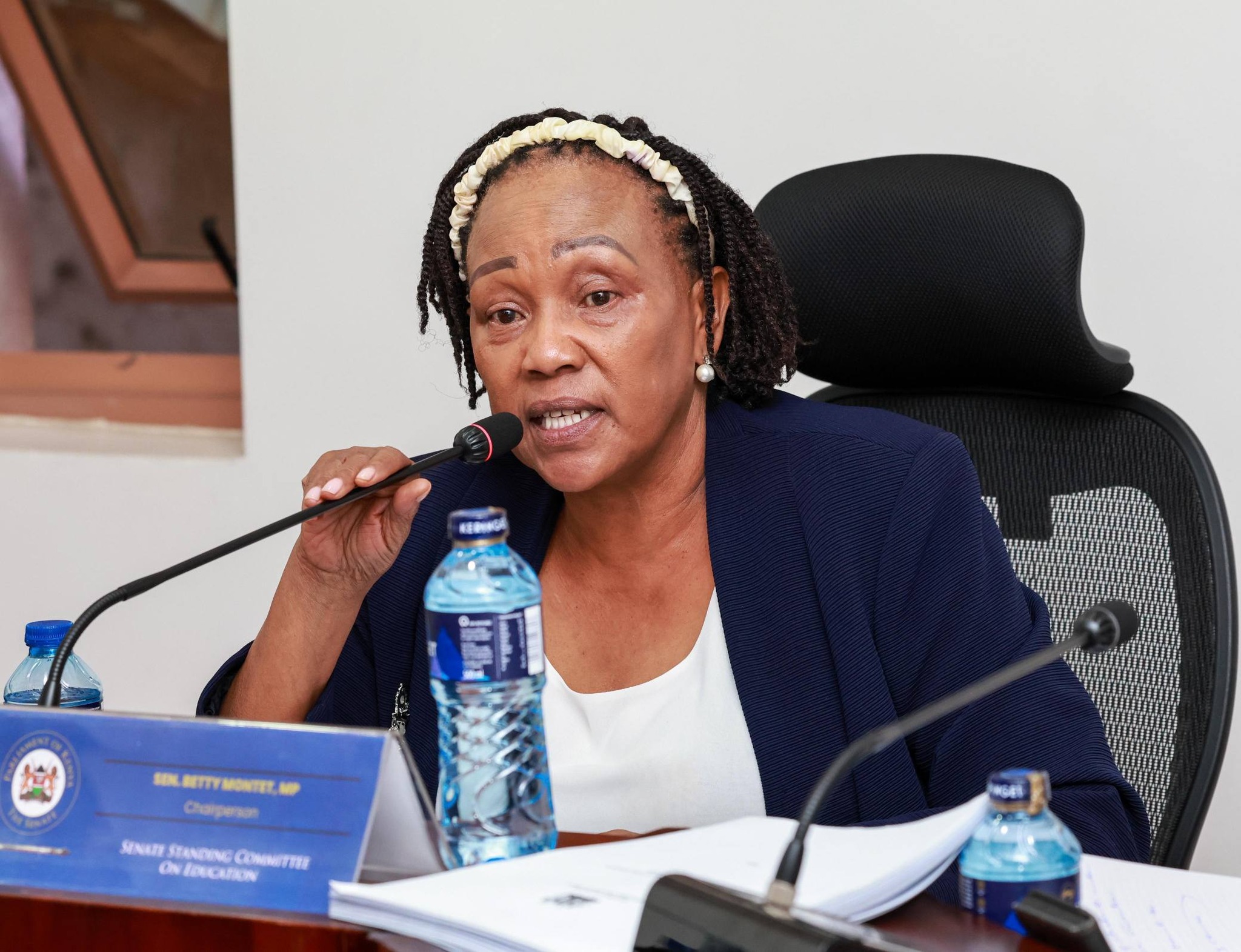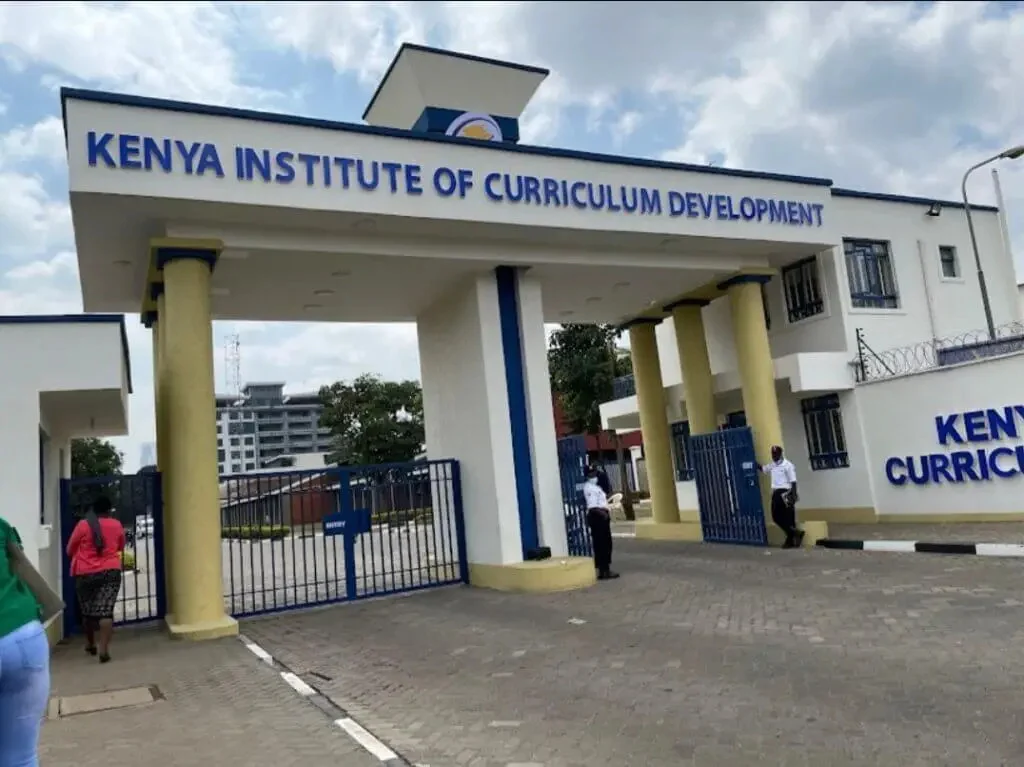The government has formally launched the Recognition of Prior Learning (RPL) program and a module-based curriculum in Technical and Vocational Education and Training (TVET) institutions nationwide.
Speaking during the launch at the Nyeri National Polytechnic, the State Department for TVET’s Principal Secretary Dr. Esther Muoria, said the program is a revolutionary and radical initiative geared at transforming Kenya’s working population and fueling national development,
She added that the Recognition of Prior Learning Policy is formulated to recognize and certify thousands of Kenyan workers—in particular those in the informal economy—whose capabilities have previously gone unacknowledged because of insufficient formal certification.
“We believe that everyone out there who has skills, and those skills aren’t certified—we can evaluate them and provide them with proper certification,” said Muoria. “This will give them access to opportunities, whether it’s bidding on government tenders, employment at home and abroad, or even upgrading their training. Their opportunities will be equal to anyone with an official certificate,”
PS Muoria further clarified that to guarantee that the program succeeds, TVET institutions are now training assessors who will conduct such assessments countrywide.
”The assessors will be vital in confirming the competency of workers in areas ranging from welding to carpentry to ensure that they have reached competency standards,” she said.
She also added that it will be carried out by the country’s National Polytechnics and by the Curriculum Development Assessment and Certification Council (CDACC), Kenya’s primary certification authority for vocational abilities.
ALSO READ:
“The individuals we tend to call Juakali artisans have powered our economy, and it’s time to give them that much-deserved recognition,” said Muoria. “Given proper certification, they can now level the playing field, both at home and abroad.”
Dr Muoria disclosed that the Ministry has modulized its TVET program so that the learners can learn and receive certificates in individual areas of skill every three months. This gives them increased flexibility and quicker transition to employment.
“For example,” Muoria said, “the student can come in and complete a module in bricklaying. Once we have assessed that they have mastered it, we can then move them to painting, and then to gypsum installation. After finishing every module as well as gathering a portfolio of evidence, we then give them a certificate.”
The system enables learners to develop competencies step by step, and they can go back and complete additional modules to finally graduate with a diploma in an extensive trade like Building and Civil Engineering.
The shift in technical training comes as a result of a presidential directive by President William Ruto, where he focused on quickly preparing Kenya’s youth to fit into modern industry and national development projects.
ALSO READ:
Nambale Boys stares at leadership vacuum as new Principal declines to report to school
The recent government engagement of Chinese investors where 20 firms pledged to set up businesses in Kenya shows just how much of an imperative this is in terms of developing a domestic workforce.
“These businesses will require technicians, engineers, welders, machine operators and others. We have to end this habit of depending on expatriates to do the work and have our own people idle. This is when we seize the chance to keep this country’s generated wealth at home,” Muoria stated.
PS stated that in addition to industrial investment, China has offered to finance significant infrastructure development in Kenya, such as extending the Standard Gauge Railway (SGR), rural road networks, and the Expressway of Nairobi.
She affirmed that the TVET Authority will remain at the centre of registration of institutions and curriculum development to facilitate this extensive rollout. In last March’s pilot exercise, more than 1,000 skilled workers were successfully certified under this RPL initiative.
Muoria then linked these initiatives to Kenya’s Vision 2030 development plan: “The agenda of economic transformation at the base depends on human capital. We have observed it in China, India, and Singapore—the countries that grew rapidly by spending in human capabilities. We now need to do the same.”
”As admissions to the modularized training program start in May, Kenya is poised at the threshold of a new revolution in skills that has the ability to transform the economic environment and bring thousands of individuals from the fringes of casual labor to mainstream economic activity,” she said.
By Rodgers Wagura
You can also follow our social media pages on Twitter: Education News KE and Facebook: Education News Newspaper for timely updates.
>>> Click here to stay up-to-date with trending regional stories
>>> Click here to read more informed opinions on the country’s education landscape






